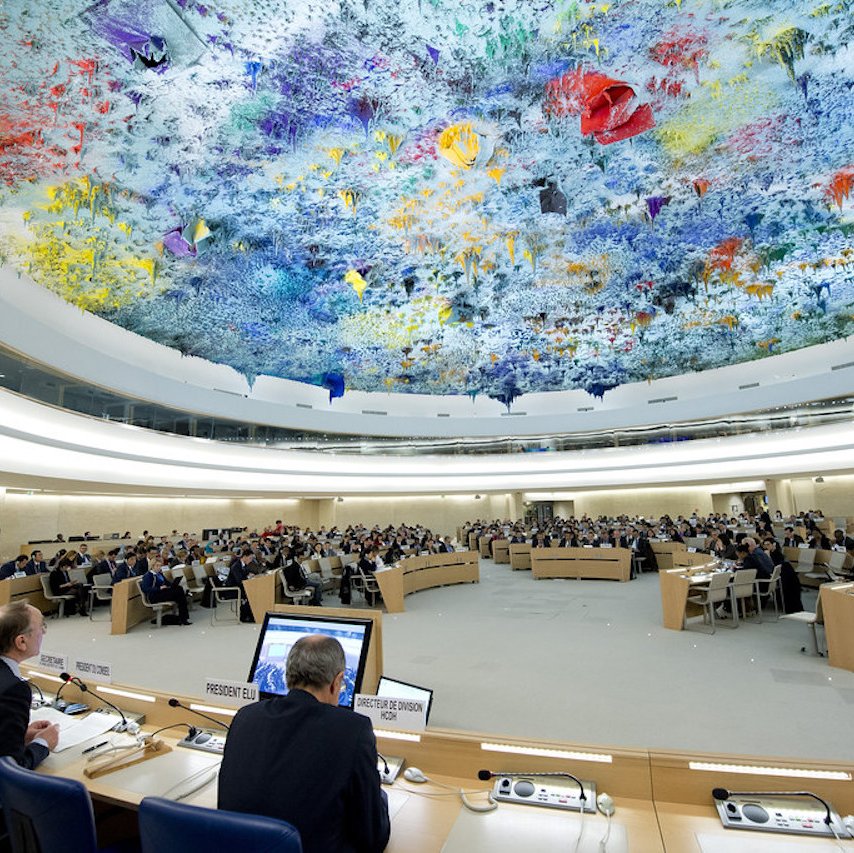Reflections on a week of negotiations on a legally binding instrument on business & human rights

States, civil society, international experts, business associations and UN representatives met last week at the 8th session of the Intergovernmental Working Group (IGWG) to feed into negotiations on a legally binding instrument (LBI) for business and human rights. Inauspiciously, participants were effectively discussing the same treaty version as last year with some “text proposals submitted by States during the 7th session” and the informal contribution prepared by the Chair (Ecuador) with the proposed amendments to selected articles of the draft treaty to facilitate the discussion.
States’ participation was higher than last year, but a number expressed concern at the uncertainty of the process, referring to the circulation of the Chair’s suggestions on the wording of some Articles only a month before the session, which made it hard for them to participate meaningfully. The US, which only joined the negotiations last year , was very active, commenting on specific articles. The EU’s engagement remained fairly limited due to its lack of mandate from member States to negotiate as a bloc. It nevertheless reflected on the concept of legal liability through the lens of its proposed Corporate Sustainability Due Diligence Directive several times. Global South States had a strong engagement, in particular, Palestine, South Africa, Namibia, Bolivia, Brazil, Mexico, Panama and Uruguay.
While examining and commenting on provisions of the treaty text, many States and civil society organisations (CSOs) stressed a treaty should include stronger provisions to address human rights and environmental defenders’ rights and children’s rights. CSOs also asked for trade unionists to be named in the section relating to Protection of Victims given the growing threats and attacks they face. They also argued the negotiation process should incorporate perspectives from the Global South, women, and Indigenous communities.
Organisations representing corporations and employers emphasised that wider participation by States was needed for a strong treaty, and that some provisions are currently too broad and thus unfeasible.
The uncertainties around the process and disorganised nature of the negotiations were highlighted by States and CSOs alike. Throughout the week, numerous States and NGOs reiterated the Third Draft should be the only basis for negotiations and not the Chair’s proposals on several articles. Some CSOs expressed concern the IGWG had strayed from its mandate in the current process, including the institution of the Friends of the Chair initiative.
One justification for the delay in the process and lack of a Fourth Revised Draft this year put forward by the Chair was that the “Friends of the Chair” lacked an African State representative. So when the session ended earlier than planned on Thursday, it was with the good news that Cameroon will join the “Friends of the Chair” initiative. The IGWG draft report was adopted on Friday. The final version will be presented to the 52nd session of the Human Rights Council next year.


